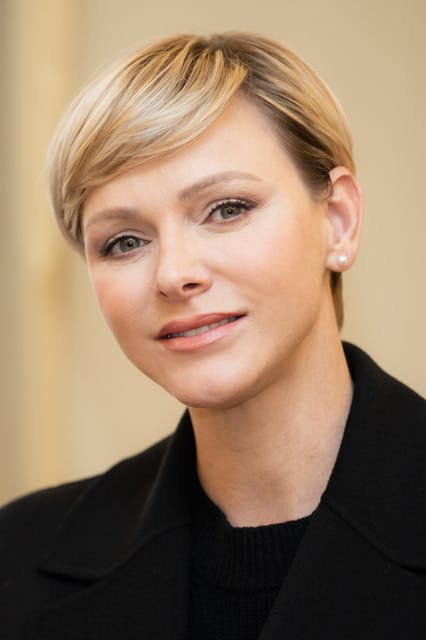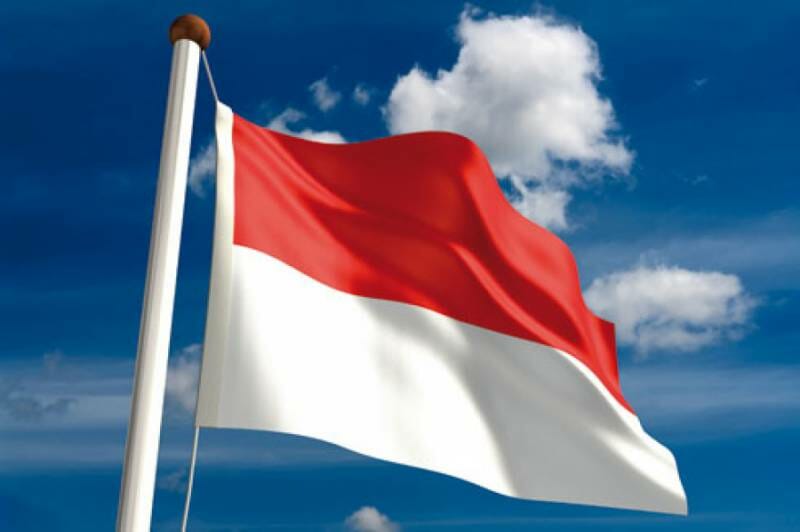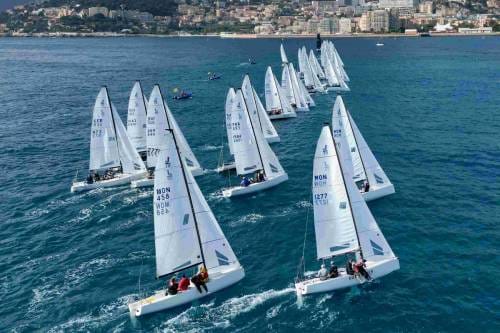A customs syndicate union is threatening to go on strike. The issue: the new Levante DF33 in Nice. Agents claim that the Cote d’Azur will no longer be monitored by customs for at least one month per year.
“It’s a pretty toy.” If there is one thing customs and their regional directors can agree upon, it’s the high-tech properties of the new vessel that has just been assigned to Nice. The Levante DF 33 is a 32-metre coast guard vessel, costing 8 million euros, equipped with smart technology, with a quick release system for its attachments. It is not therefore the quality of the boat, 90% of which was financed by Europe, via Frontex, which is currently causing a storm at customs. “We are worried because we used to have three vessels in the department and now we only have one. And, financed by Frontex, the DF 33 will be mobilized for at least one month per year for external missions. The Côte d’Azur will not be monitored by customs during this time, “said an agent from the syndicate union CFDT, UNSA, CGTFO, Solidaires, which was created to alleviate the problem.
“Management is playing chicken”
These agents say that negotiations, which began at the beginning of April, are dragging on, exacerbating the likelihood of a strike: “They’re playing chicken during our exchanges,” said a member of the syndicate union. “Imagine what would happen if the vessel was mobilized by Europe off the coast of Italy in the middle of Summer! There would be no customs supervision on the Cote d’Azur. Our powers are very specific. They cannot be taken over by other services such as the maritime gendarmerie. Only customs can intervene on drug trafficking or search a boat on the spot regardless of the financial status or power of its owner. Our missions range from drug trafficking at sea to the illicit circulation of money, to money laundering and arms trafficking.”
The agents recalled that two brigades, Menton and Cannes, were suppressed and their personnel reassigned to a new patrol boat in La Seyne-sur-Mer (patroller Jean-François-Deniau) and in Nice to ‘La Levante’. “These two brigades had a high fiscal return, millions of euros. But for all that, the missions for the Nice vessel are the same, we do not go out any more, we have the same program,” protests a member of the syndicate union. The union demands six missions per month for twelve agents, with a minimum duration of 56 hours each.
“We want to work more”
“We want to work more so that all our missions are assured,” said a member of the syndicate union. “If some budgets are nibbled away by Frontex, the administration will make sure that the boat remains in the harbor if the agents have done too many hours.” As for the regional management’s side, one insists on the modernity of the boat, on its large capacity for action, on the joint management of State resources, and the dialogue with the union since 4 April. A discussion that does not, for the time being, respond to the expectations of the union, who are ready to take action, even if it triggers a storm.
A word from management
Contacted on Friday, regional management explained that they do not understand the movement. Recently assigned to Nice, according to them, the vessel is an efficient work tool.
The Levante is the fourth largest unit of the French customs fleet. “This boat is part of all the means of action for the State, it is complementary to the gendarmerie maritime and the Navy. There will be no gaps in the system coordinated by the Maritime Prefecture,” said Max Ballarin, Marseille’s Coast Guard Customs Director for the Mediterranean. He assures that they’ll take the concerns of the Nice crew into account. “The Frontex mission is new; it generates questions, which is normal.” Could the Côte d’Azur be without a vessel in the middle of a Summer? “I’m not the one to decide,” Max Ballarin admits. “Frontex is. Obviously, I would prefer not to have the boat mobilized in July, for example, but that does not depend on me.” Could another customs ship come take its place? “There will not be another boat that will take its place, we never move a boat from its home port,” says Max Balarin, who adds: “I will not tell you that the situation is ideal, but we’re discussing things.”







